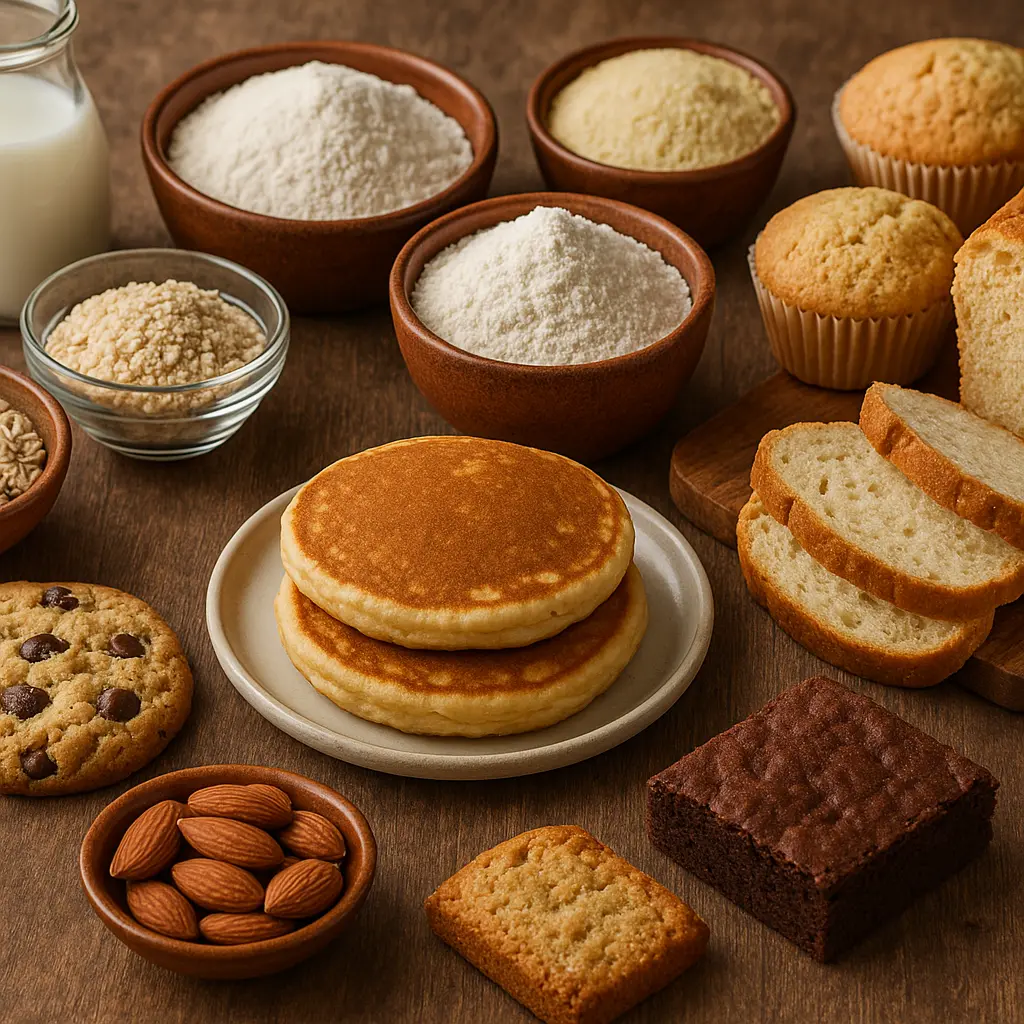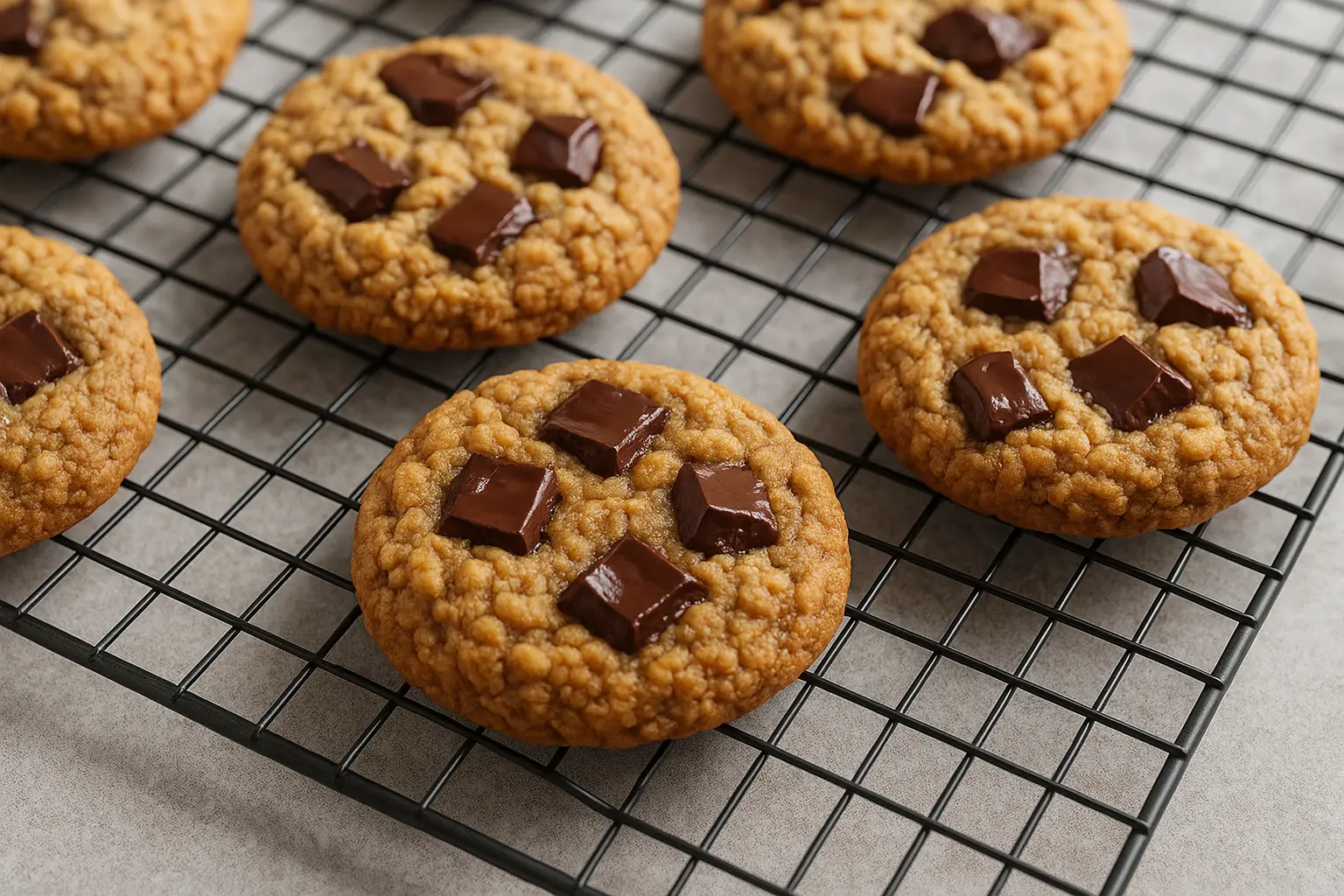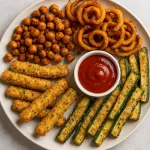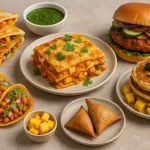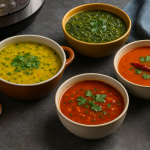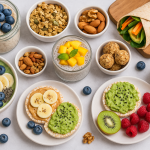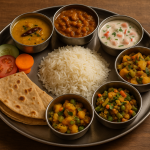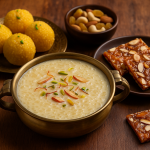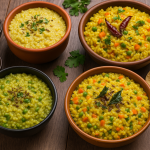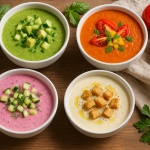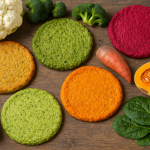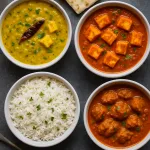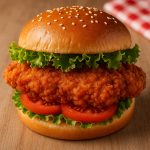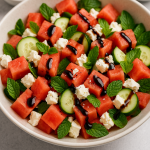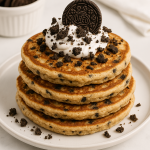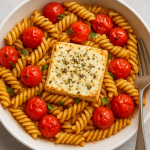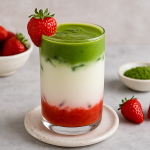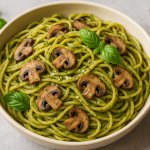Gluten-free baking has become more popular than ever, thanks to growing awareness of celiac disease, gluten sensitivities, and the increasing trend of people seeking healthier alternatives. If you’re a beginner, gluten-free baking might feel intimidating at first. After all, gluten plays a big role in giving structure, elasticity, and chewiness to baked goods. Without it, cookies might crumble, cakes may collapse, and breads could feel dense.
But here’s the good news: with the right ingredients, techniques, and a few go-to recipes, gluten-free baking can be simple, rewarding, and absolutely delicious. In this guide, we’ll explore everything you need to know to get started—from essential ingredients and substitutions to beginner-friendly recipes and troubleshooting tips. By the end, you’ll be ready to bake muffins, cookies, cakes, and breads that even non–gluten-free eaters will enjoy.
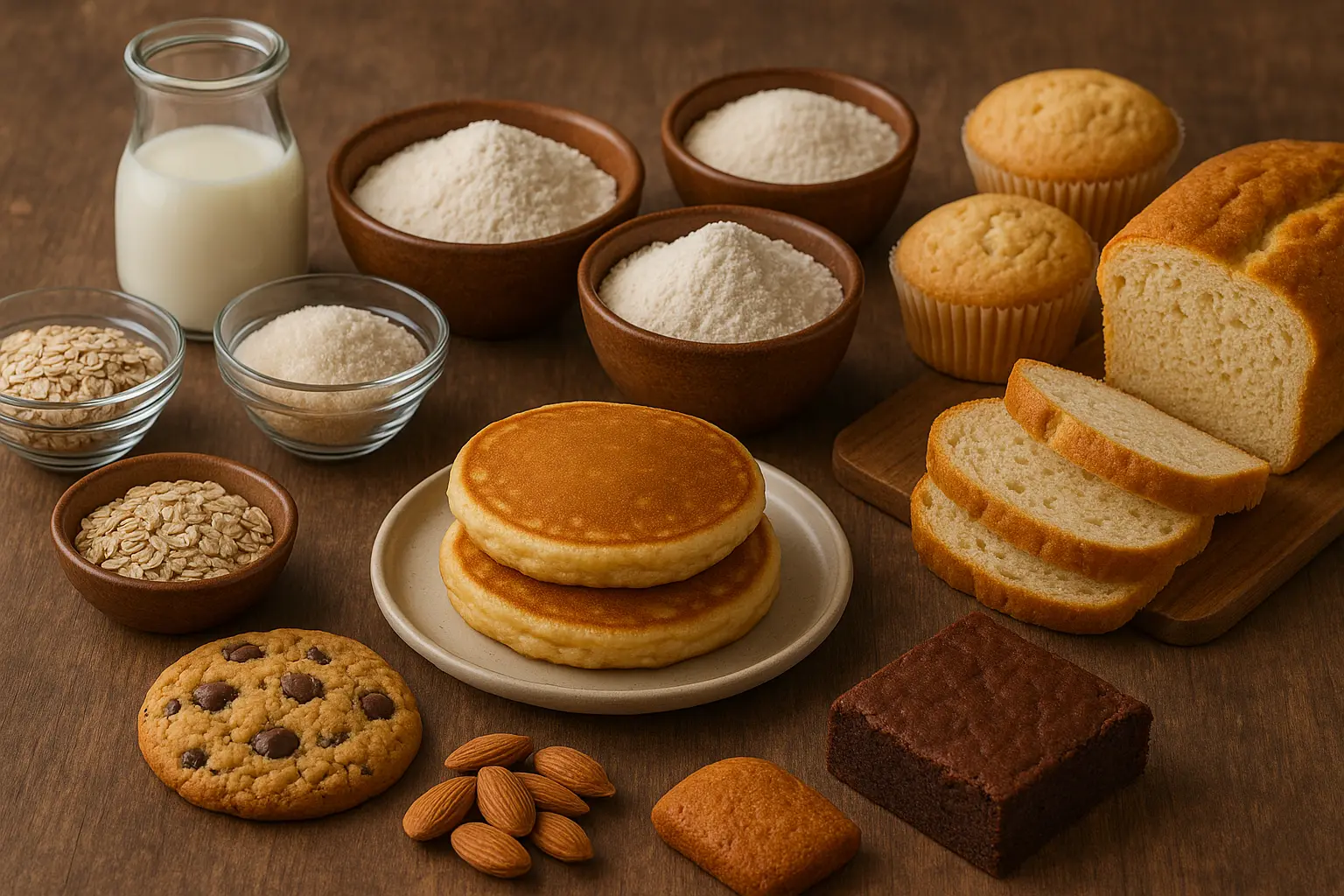
Why Bake Gluten-Free?
Before diving into recipes, let’s understand why people choose gluten-free baking:
Celiac disease or gluten intolerance: For those with medical reasons, avoiding gluten is essential to avoid digestive issues and long-term health problems.
Health-conscious choices: Some people feel lighter and more energetic when they reduce gluten in their diets.
Experimentation in the kitchen: Gluten-free flours offer unique flavors and textures that open new creative opportunities for baking.
Understanding Gluten-Free Flours
Gluten-free baking relies heavily on flour alternatives. Unlike wheat flour, which naturally has gluten, gluten-free flours require careful blending for the right texture.
Common Gluten-Free Flours for Beginners
Rice Flour: Neutral flavor and widely available. Works well in cookies and cakes.
Almond Flour: Adds richness, moisture, and a nutty flavor. Excellent for cakes and muffins.
Oat Flour: Provides chewiness and mild sweetness. Make sure it’s certified gluten-free.
Coconut Flour: Very absorbent; adds sweetness but requires extra eggs and liquid.
Sorghum Flour: Mildly sweet and nutritious; good for breads.
Chickpea (Besan) Flour: Great for savory baking and adding protein.
Pre-Made Gluten-Free Flour Mixes
For beginners, using all-purpose gluten-free flour blends is the easiest path. These blends usually contain rice flour, tapioca starch, potato starch, and xanthan gum (a gluten substitute). Brands like Bob’s Red Mill or King Arthur’s Gluten-Free Flour make reliable options.
Essential Ingredients Beyond Flour
When baking gluten-free, flours alone aren’t enough. You’ll need:
Binders: Gluten gives elasticity, so alternatives like xanthan gum, guar gum, or psyllium husk help mimic that structure.
Moisture Enhancers: Ingredients like yogurt, applesauce, or nut butters prevent dryness.
Leavening Agents: Baking powder, baking soda, or yeast become more important for rise and fluffiness.
Tips for Beginner Gluten-Free Bakers
Measure properly: Gluten-free flours are lighter and behave differently. Use a digital scale for accuracy.
Don’t skip gums or binders: They hold your baked goods together.
Mix flour blends: A single flour rarely gives the best result. Blends improve taste and texture.
Let the batter rest: Gluten-free batters benefit from resting 15–30 minutes to hydrate flours.
Bake longer at lower temperature: Helps avoid undercooked centers and improves structure.
Beginner-Friendly Gluten-Free Baking Recipes
Here are some recipes tailored for beginners.
1. Gluten-Free Chocolate Chip Cookies
Why beginners love it: Simple, forgiving recipe.
Ingredients:
2 cups gluten-free all-purpose flour
1 tsp baking soda
½ tsp salt
½ cup butter (softened)
½ cup brown sugar
½ cup white sugar
1 egg
1 tsp vanilla extract
1 cup chocolate chips
Instructions:
Preheat oven to 180°C.
Mix dry ingredients in a bowl.
In another bowl, cream butter and sugars, then add egg and vanilla.
Combine wet and dry mixtures, fold in chocolate chips.
Scoop dough onto a lined baking tray.
Bake 10–12 minutes until golden.
2. Gluten-Free Banana Muffins
Why beginners love it: Uses common ingredients and no gums.
Ingredients:
3 ripe bananas, mashed
2 eggs
1½ cups gluten-free flour blend
½ cup sugar
1 tsp baking soda
½ tsp salt
½ tsp cinnamon
¼ cup melted butter or coconut oil
Instructions:
Preheat oven to 180°C.
Mix bananas, eggs, and butter.
In another bowl, combine flour, sugar, baking soda, salt, and cinnamon.
Combine wet and dry mixtures.
Spoon into muffin tin and bake for 18–20 minutes.
3. Gluten-Free Brownies
Why beginners love it: Rich, fudgy, and no one notices it’s gluten-free.
Ingredients:
½ cup butter
1 cup sugar
2 eggs
1 tsp vanilla extract
⅓ cup cocoa powder
½ cup gluten-free flour blend
¼ tsp salt
¼ tsp baking powder
Instructions:
Preheat oven to 175°C.
Melt butter, stir in sugar, eggs, vanilla.
Mix in cocoa, flour, salt, and baking powder.
Pour into greased pan, bake 20–25 minutes.
4. Easy Gluten-Free Bread
Why beginners love it: A no-knead recipe for sandwiches or toast.
Ingredients:
3 cups gluten-free flour blend
1 tbsp baking powder
1 tsp salt
2 tbsp sugar
2 eggs
1½ cups milk (or plant milk)
¼ cup olive oil
Instructions:
Preheat oven to 180°C.
Mix dry ingredients in a bowl.
In another bowl, whisk eggs, milk, and oil.
Combine mixtures, pour into loaf tin.
Bake 40–45 minutes until golden.
5. Gluten-Free Pancakes
Why beginners love it: Quick breakfast option.
Ingredients:
1 cup gluten-free flour blend
1 tbsp sugar
1 tsp baking powder
1 cup milk
1 egg
1 tbsp butter, melted
Instructions:
Mix dry ingredients.
Whisk milk, egg, and butter together.
Combine and cook pancakes on a greased skillet.
Common Mistakes in Gluten-Free Baking
Using one flour alone: Leads to poor texture.
Skipping binders: Causes crumbly results.
Not adjusting liquid: Some gluten-free flours absorb more liquid.
Overbaking: Gluten-free goods dry out faster.
Creative Gluten-Free Baking Ideas
Fruit-based cakes: Apple, carrot, or zucchini add moisture.
Nut-based crusts: Use almonds or walnuts for pie bases.
Savory options: Gluten-free flatbreads, quiches, or pizza bases.
Global inspirations: Try Indian besan ladoos, Italian polenta cakes, or Mexican corn tortillas.
Storing Gluten-Free Baked Goods
Gluten-free items dry out quickly. Store them properly:
Cookies: Airtight container up to 4 days.
Cakes: Wrap in cling film and refrigerate up to a week.
Bread: Slice and freeze for longer shelf life.
Conclusion
Gluten-free baking doesn’t have to be overwhelming. With a little practice, the right ingredients, and easy beginner-friendly recipes, you can create delicious baked goods that everyone will love. Start with simple cookies, muffins, or pancakes, then explore breads and cakes as your confidence grows. Remember: the goal isn’t just to mimic wheat-based recipes—it’s to enjoy a new world of flavors and textures.
Whether you’re baking for health reasons or simply experimenting, gluten-free baking can open doors to creativity and healthier eating. So, roll up your sleeves, preheat that oven, and get baking!
Leave a comment
Your email address will not be published. Required fields are marked *


